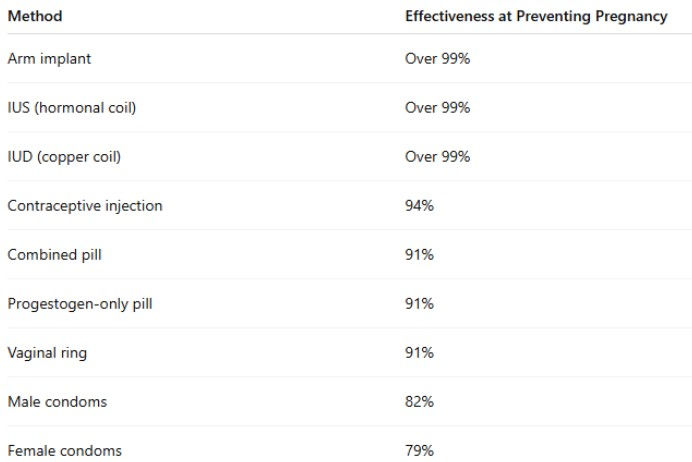Can You Have Unprotected Sex During Ovulation and Not Get Pregnant?
- CORE Healthcare
- Jul 19, 2025
- 2 min read
If you’ve ever wondered whether it’s possible to have unprotected sex during ovulation and not get pregnant, you’re not alone. It's a common and valid question—especially for those trying to understand their fertility, prevent pregnancy, or plan for the future.
The truth is, yes, it is possible to have unprotected sex during ovulation and not become pregnant. But it's also important to understand that the risk of pregnancy is significantly higher during this time.
Ovulation is when an egg is released from the ovary and is most available for fertilization. Sperm can live inside the reproductive tract for up to five days, which means unprotected sex before, during, or shortly after ovulation can lead to pregnancy.
Still, several individual factors can affect fertility, such as:
Age
Hormonal balance
Weight and nutrition
Exercise and stress levels
Smoking or alcohol use
Genetic factors
If you’re trying to avoid pregnancy, the safest approach is to avoid unprotected sex altogether. But if you’re simply looking to understand your body better, it’s helpful to learn when pregnancy is most likely—and when it’s less so.
Fertility Rates Throughout the Menstrual Cycle
Pregnancy is most likely to occur in the days leading up to and including ovulation. Here's a breakdown of estimated chances of pregnancy based on timing:
3 days before ovulation: 27%
2 days before ovulation: 33%
1 day before ovulation: 41%
Day of ovulation: 20%
1 day after ovulation: 8%
(Source: FertilityFriend)
If you’re hoping to become pregnant, tracking your ovulation cycle and timing intercourse around these fertile days can increase your chances. However, even during the most fertile window, pregnancy is not guaranteed—and that’s completely normal.
How Age Affects Fertility
Fertility naturally decreases with age. According to the British Fertility Society, fertility starts to decline more rapidly after age 32. This means that unprotected sex becomes less likely to result in pregnancy as age increases, but the possibility is still there.
Understanding your personal fertility can help guide your decisions. If you have questions about fertility testing or tracking, we’d be happy to help you explore your options.

Common Pregnancy Misconceptions
Some people believe that pregnancy can’t happen:
During their period
If the male partner pulls out before ejaculation
When using certain birth control methods
However, none of these are 100% reliable. Even with birth control, there’s always a small chance of becoming pregnant. Here’s a look at typical effectiveness rates:

(Source: NHS Contraception Guide)
So, Can You Have Unprotected Sex During Ovulation and Not Get Pregnant?
Yes—it is possible. But the chances of pregnancy are highest during ovulation, and those chances can vary depending on your age, cycle regularity, and overall health.
If you’re not trying to conceive, unprotected sex always carries a degree of risk.
At CORE Healthcare for Women, we offer confidential, no-cost education and support to help you make informed choices about your body and your future. If you find yourself unexpectedly pregnant, we are here for you with a compassionate team of medical professionals and advocates. You are not alone.



Comments